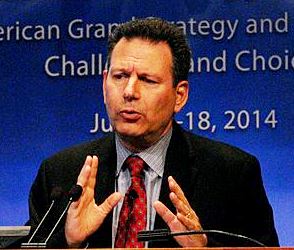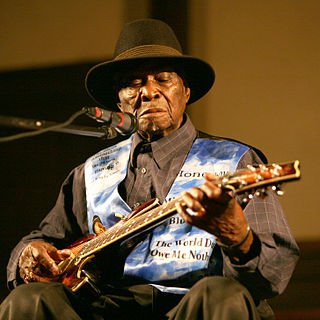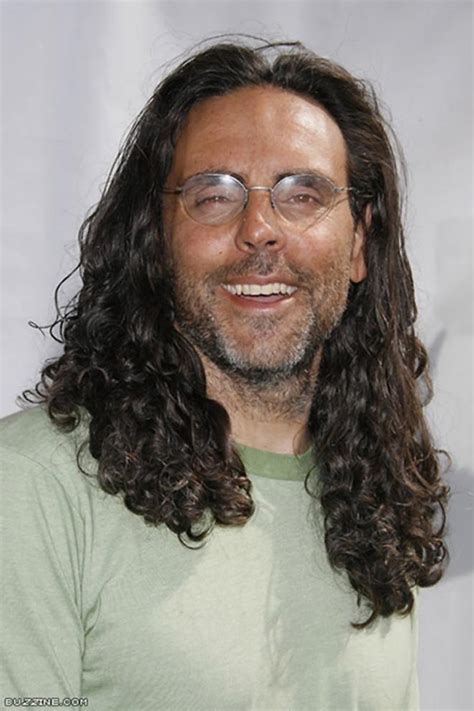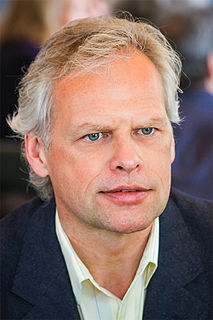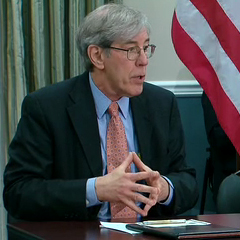A Quote by Robert D. Kaplan
A lot of the changes are so gradual that they don't even qualify as news, or even as interesting: they're so mundane that we just take them for granted. But history shows that it's the mundane changes that are more important than the dramatic 'newsworthy' events.
Related Quotes
Even if it’s a dumb story, telling it changes people just the slightest little bit, just as living the story changes me. An infinitesimal change. And that infinetisimal change ripples outward —ever smaller but everlasting. I will get forgotten, but the stories will last. And so we all matter —maybe less than a lot, but always more than none.
The ordinary man is living a very abnormal life, because his values are upside down. Money is more important than meditation; logic is more important than love; mind is more important than heart; power over others is more important than power over one's own being. Mundane things are more important than finding some treasures which death cannot destroy.
Stories are there to be told, and each story changes with the telling. Time changes them. Logic changes them. Grammar changes them. History changes them. Each story is shifted side-ways by each day that unfolds. Nothing ends. The only thing that matters, as Faulkner once put it, is the human heart in conflict with itself. At the heart of all this is the possibility, or desire, to create a piece of art that talks to the human instinct for recovery and joy.
Significant changes in the growth rate of money supply, even small ones, impact the financial markets first. Then, they impact changes in the real economy, usually in six to nine months, but in a range of three to 18 months. Usually in about two years in the US, they correlate with changes in the rate of inflation or deflation."
"The leads are long and variable, though the more inflation a society has experienced, history shows, the shorter the time lead will be between a change in money supply growth and the subsequent change in inflation.
